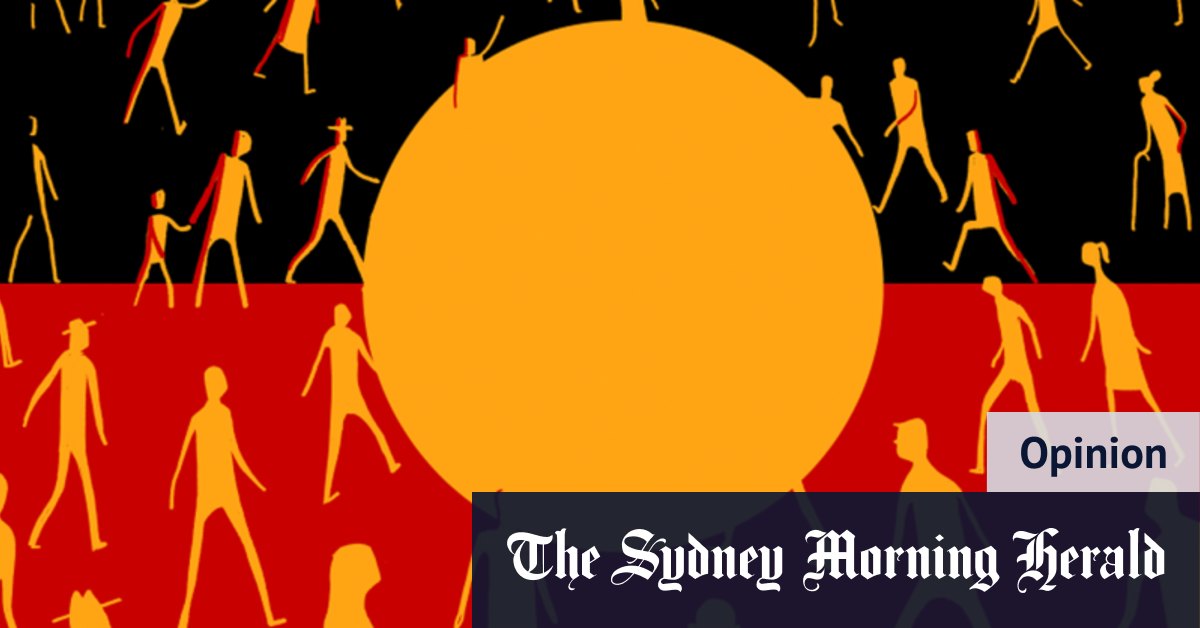loading
In May, the Coalition suffered swings against it in 11 of the 12 seats in Sydney that had voted against marriage equality in 2017. It also went backwards in the three regional Queensland seats that voted no in that plebiscite. The one exception was Fowler, in Sydney’s multicultural west, where Labor’s head office candidate Kristina Keneally lost to local independent Dai Le.
Australia is no longer the fractured country it was when the last referendum was held in 1999 on the republic. Our ethnic face then was Anglo-European. The majority of the population was born here, with both parents born here as well. We were still living in the anti-incumbent shadow of the early 1990s recession, with the regions holding an electoral veto over the cities. Today we are majority migrant with a Eurasian ethnic face. More than half the population is born overseas or has one migrant parent, and the cities have just decided a federal election.
The Coalition party room appears to be divided at the moment between those who want to support the Voice and those who are emboldened by the uncompromising positions of their Indigenous colleagues Jacinta Price and Kerrynne Liddle. The Greens, for their part, are being encouraged into the No camp by their Indigenous colleague Lidia Thorpe. There is an echo here in the unholy alliance between the Tony Abbott-led opposition and the Greens on climate change in 2009.
A paradox of this debate – indeed, it is a recurring feature in relationships between Indigenous and non-Indigenous Australians – is that support for reconciliation has been strongest where the two peoples are least likely to share the same postcode.
loading
Consider Melbourne, long-regarded as the most tolerant city in the nation. It returned the highest Yes vote at the failed 1999 referendum, with 17 of its 20 metropolitan electorates wanting a republic, while Victoria delivered the highest Yes vote at the successful 1967 referendum to count Indigenous Australians in the census. Melbourne also happens to be the only Australian capital where the local Indigenous population is outnumbered by the city’s top 10 overseas-born groups.
The latest census showed that while 69 per cent of non-Indigenous Australians lived in the capitals, 63 per cent of Indigenous Australians lived outside them.
The danger for Dutton if he reverts to the politics of obstruction is that he drives up the Yes vote in the cities, where the referendum may be decided, while splitting black and white neighbors in the regions. That is, he recreates another version of the perfect electoral storm which overwhelmed the Morrison government in the capitals on May 21.
Dutton and Albanese each have a gap in their corporate memory which carries lessons for all sides. Dutton entered parliament in 2001, after the republic referendum, while Albanese entered in 1996, in the aftermath of the Mabo native title debate three years earlier.
loading
The 1999 referendum failed because the monarchists were able to paint the model for a president appointed by two-thirds of the parliament as a “politician’s republic”. It helped that Howard wrote the question that was designed to fail. The Voice is not so easily diminished as an elitist concern because it explicitly empowers the most marginalized community in Australia. It could well unite “old Australians”, who have been here for three generations or longer, and First Australians on the simple idea that outsiders deserve to be heard by the parliament.
Mabo, on the other hand, was viewed by old Australians as a form of outsider queue-jumping which elevated the rights of First Australians above their own. As Paul Keating explained later, there wasn’t a vote in it for him at the 1996 election. But it was the right thing to do.
What may come as a surprise to the present generation of politicians is what happened immediately after the native title legislation was passed by the Senate in December 1993. The Coalition had voted No at every stage in the debate, and the then opposition leader, John Hewson , thought he was on safe ground when he declared the new law was “a day of shame for Australia”. But the opinion polls turned sharply in favor of the Keating government. By mid-March 1994, Labor’s primary vote was 45 per cent to the Coalition’s 42, according to Newspoll, and the Liberal Party was preparing to replace Hewson as leader. The public rewarded Keating for resolving the issue, and punished the naysayer.
Albanese believes a Voice to parliament is the right thing to do. The question for Dutton is whether he is willing to risk his leadership when the nation may not be in the mood for another white male politician who wants to defend the status quo.
